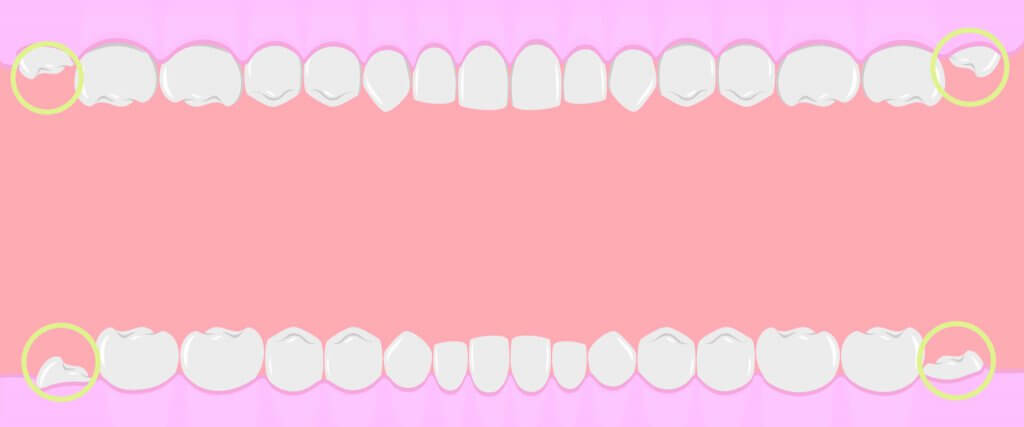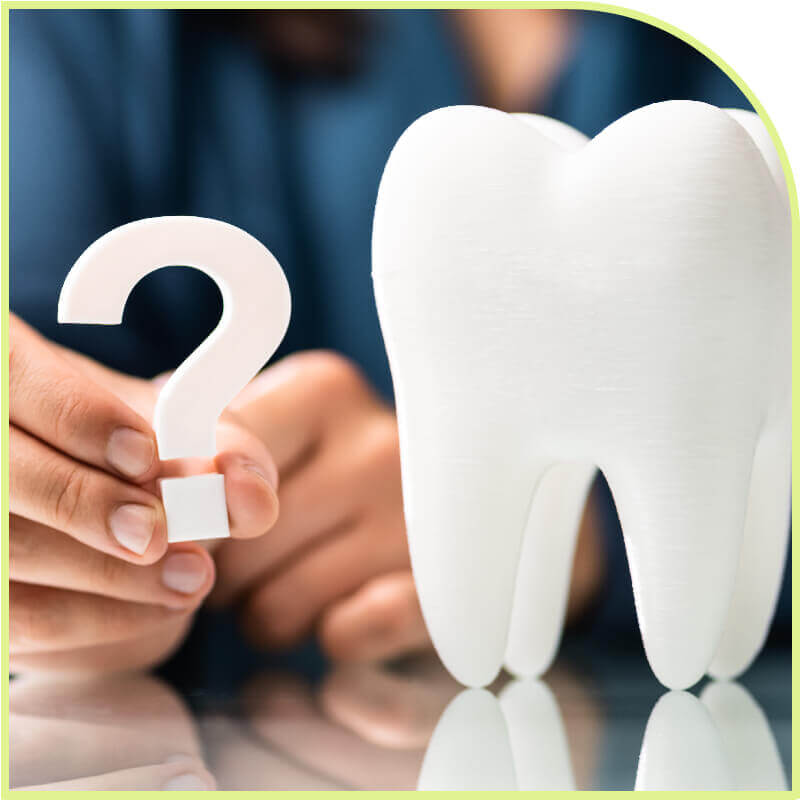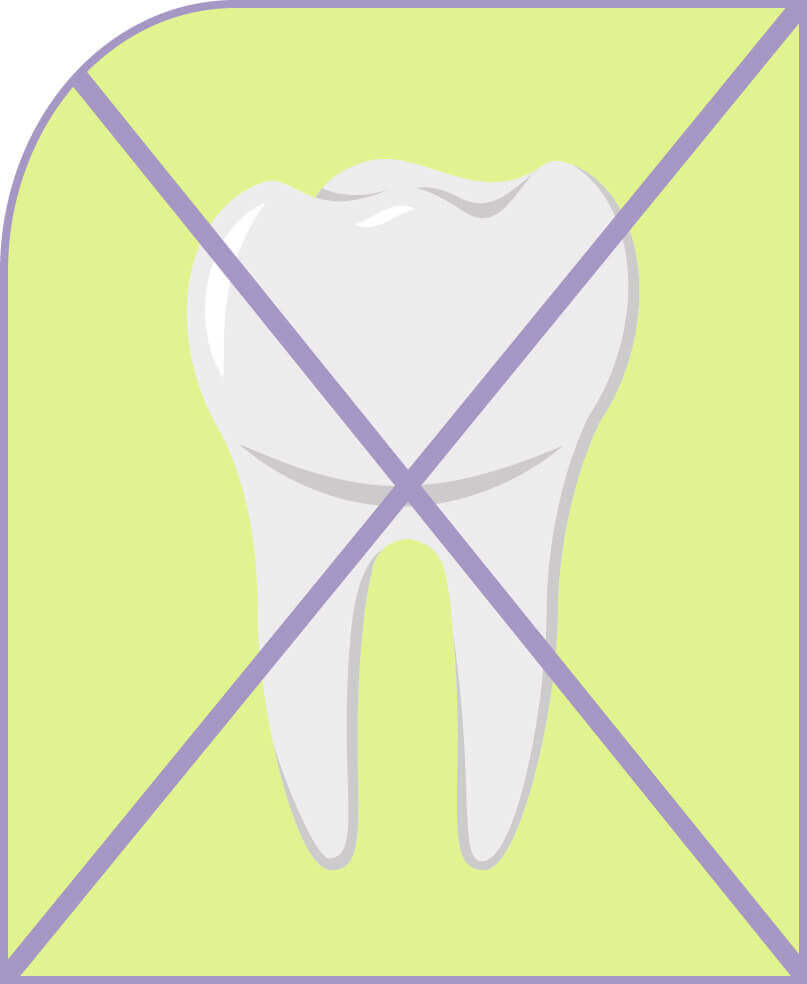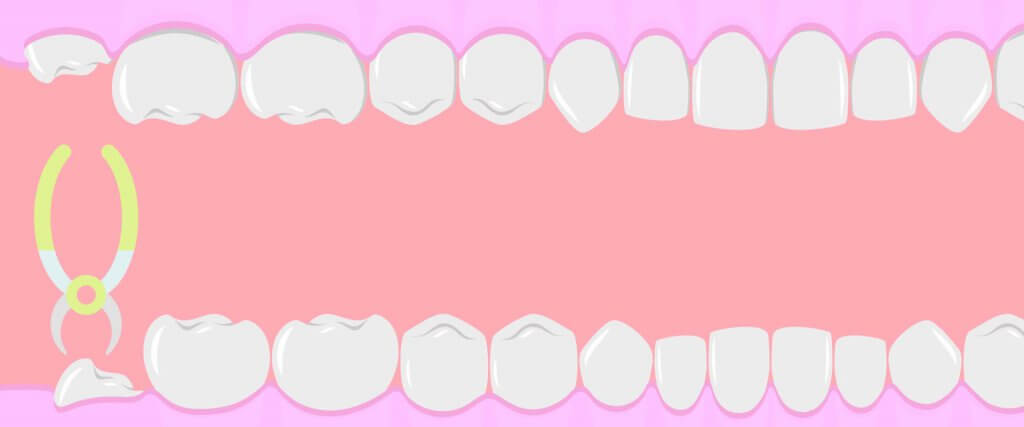They may be the furthest from the front and barely visible, still there is a lot of confusion and myth around wisdom teeth. In today’s article we will discuss this topic. 

 Where does the name come from?
Where does the name come from?

Wisdom teeth are the third molars, although no one ever really calls them that. They are the eighth – last – teeth on both jawbones. The name originally comes from the fact that they only surface when people are older, therefore wiser. This normally happens between the ages 16 and 25. This is also the reason we only have 20 primary teeth, and 32 temporary ones. Wisdom teeth can surface in a matter of days, which is the lucky scenario. The other alternatives are surfacing in years, or surfacing in a bad way. In some –lucky- cases there are no tooth buds, so wisdom teeth do not erupt at all.
 The future of wisdom teeth
The future of wisdom teeth

Based on the most recent researches, the disappearance of wisdom teeth will be the next step of evolution. The reason behind this is the function of the tooth itself. The primary reason why we have them is to make food consumption easier. However, this was only necessary in the early days, when humanity’s culinary capabilities were rather basic, and our ancestors were eating raw (or rather uncooked) meat and seeds. Thanks to the invention of cooking, and tools specifically designed to crack seeds and nuts, we no longer require heavy duty teeth. Our jawbones slowly but steadily adopted to this new and more comfortable situation. The number of molars decreased, and jawbones got smaller. Sometime in the next several hundred years wisdom teeth will disappear completely.
 Should we really get rid of it?
Should we really get rid of it?

There are many of us who would gladly fast-forward to an age where wisdom teeth don’t exist, as it can be a real headache (or toothache) to deal with. As mentioned before, it is not rare for wisdom teeth to partially surface, or not to surface at all. This can easily lead to the development of packets, which can get infected and cause gum inflammation. However, even a fully developed wisdom tooth can cause a lot of trouble. Due to their position, cleaning these teeth is a challenge, and they are prone to develop dental plaque faster, or get decayed. The amount of bacteria surrounding these teeth can also increase the risk of gum inflammation.
A responsible dentist will always try and save the tooth first. However, extracting it is not a last resort, as in the case of every other tooth. After the removal of the wisdom tooth, the neighboring teeth can quite literally breathe freely. It is not uncommon for tooth number 7 (the tooth before wisdom teeth) to have a decay, because one cannot clean it properly due to its neighbor. A badly positioned wisdom tooth can even cause crowded front teeth which can lead to bad bite, and jaw problems.
 The extraction
The extraction

Removing a wisdom tooth is never an easy task. It is always carried out by a dental surgeon, as it usually involves bone drilling in order to access the tooth. Sometimes it can only be removed in several pieces, while paying attention to not damage the nearby nerves. The surgery is carried out under local anesthesia, and thanks to the wonders of modern dentistry (CT-scan, precision tools) the risk of adverse reactions. We recommend looking for a well-equipped dental clinic when one is planning to have a wisdom tooth extraction. A clinic just like VitalEurope.